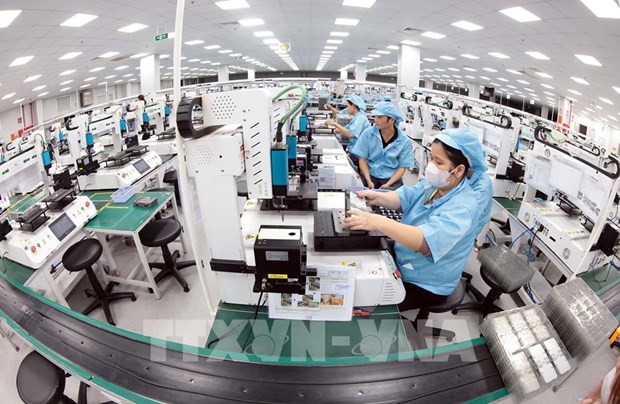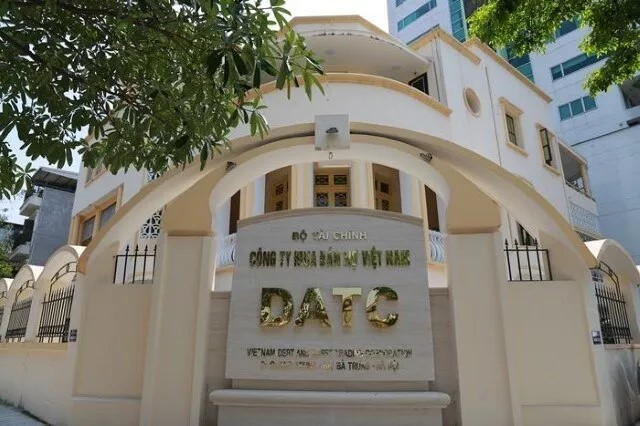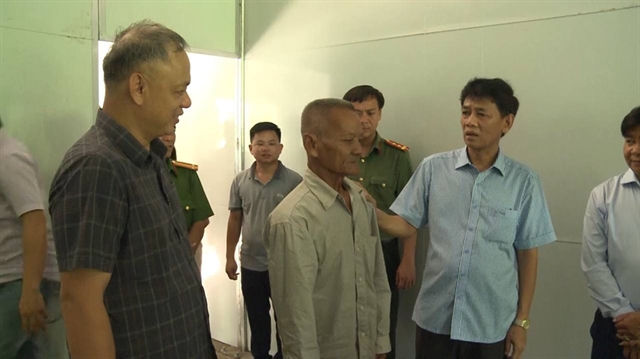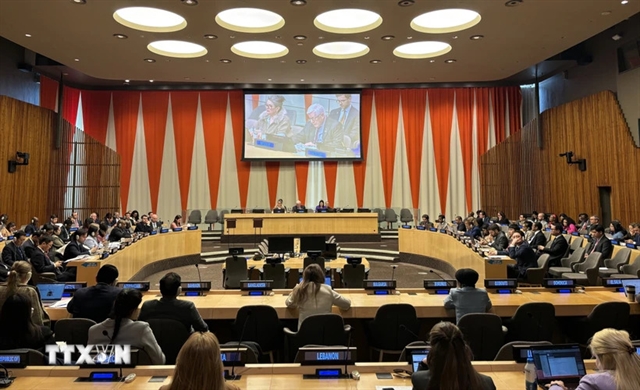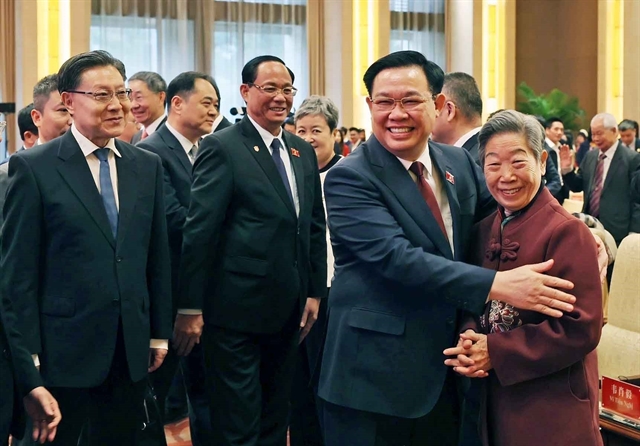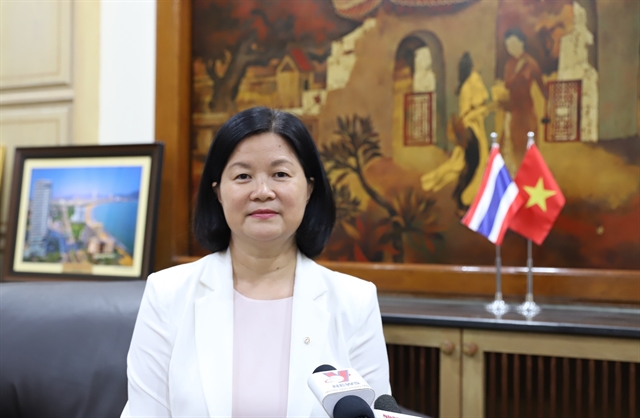 Society
Society

HCM City has taken great efforts to mobilise capital from the private sector as the City’s State budgets can meet only 20 per cent of the capital required for the city’s development of VNĐ1,800 trillion (over US$80 billion) in the period 2016 – 2020.
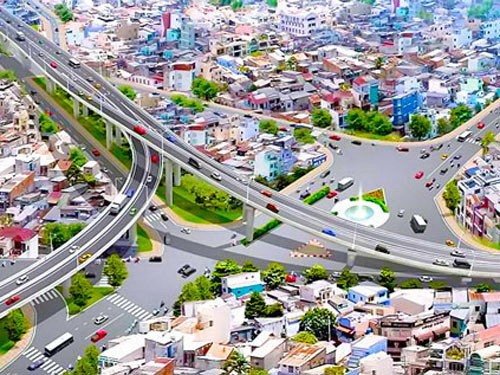 |
| HCM City needs to mobilise more investments for infrastructure development projects. — VNS File Photo. |
HCM CITY — With public funding only able to meet a fifth of the VNĐ1.8 quadrillion (US$80 billion) required for development works in HCM City’s in 2016 – 20, authorities are striving to involve the private sector.
According to Sử Ngọc Anh, director of the city Department of Planning and Investment, many new measures and policies have been put in place to mobilise private resources, but challenges remain.
He explained that investors must bring in 15-20 per cent of the funding required for a project, with loans from banks and other credit organisations making up the rest.
Nguyễn Hoàng Minh, deputy director of the State Bank of Việt Nam, HCM City branch, said bank funding for socio-economic projects, especially in infrastructure, is linked to their effectiveness.
Therefore, investors and relevant authorities must ensure the effectiveness of projects when they are completed, he said.
Phạm Mạnh Thắng, deputy director general of Vietcombank, said the bank has provided loans of over VNĐ100 trillion for 61 projects, including 23 in the education sector, 16 for transport infrastructure (roads, bridges), nine for urban development, and seven for hospitals.
In the context of inadequate public funding, making use of public-private-partnerships (PPP) is vital, he said, but admitted the PPP form faces legal hurdles.
Thắng said another problem is that most local banks are small, with most of their deposits being short-term, limiting their capacity to provide medium- and long-term loans.
The central bank is amending regulations through a road map, limiting the rate of short-term deposits that can be used to provide long-tern loans, and this is expected to act as a hurdle to lending for infrastructure works.
Some major PPP projects in energy and transportation undertaken with foreign investment have shown that overseas creditors demand specific guarantees related to revenue and foreign exchange risks.
Thắng said relevant agencies should create regulations for public dissemination of information about PPP projects. — VNS

